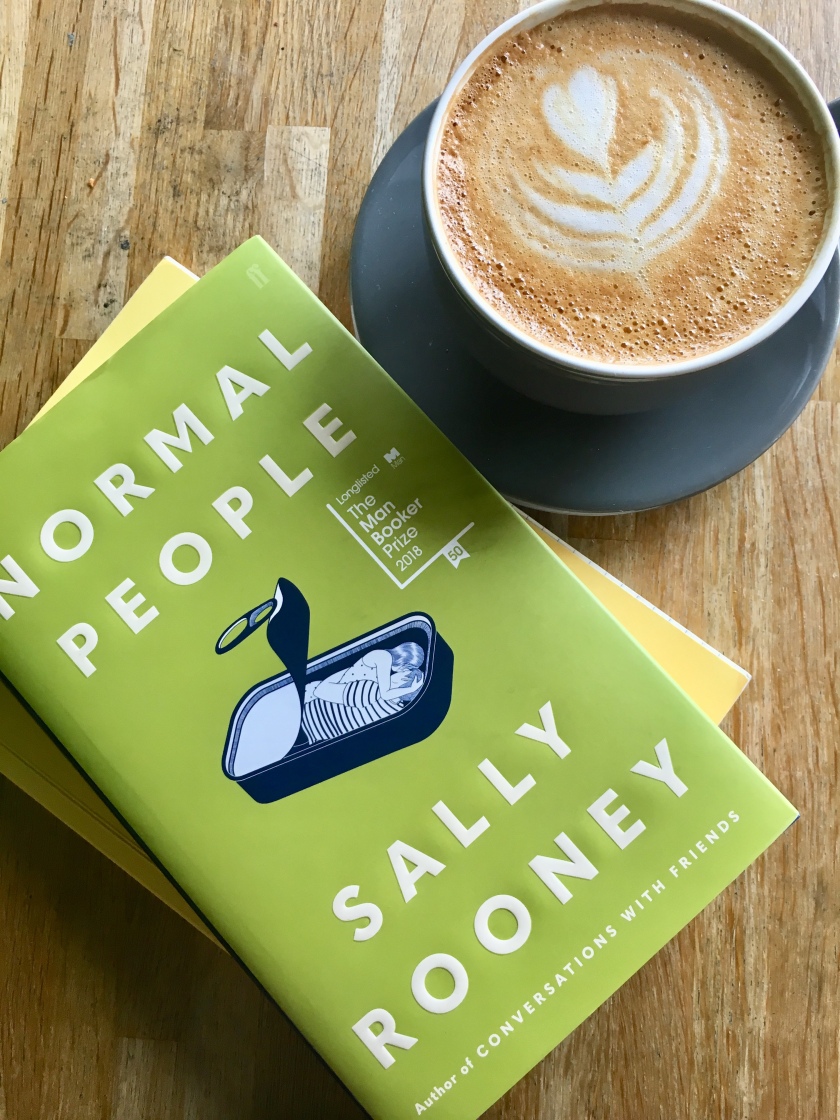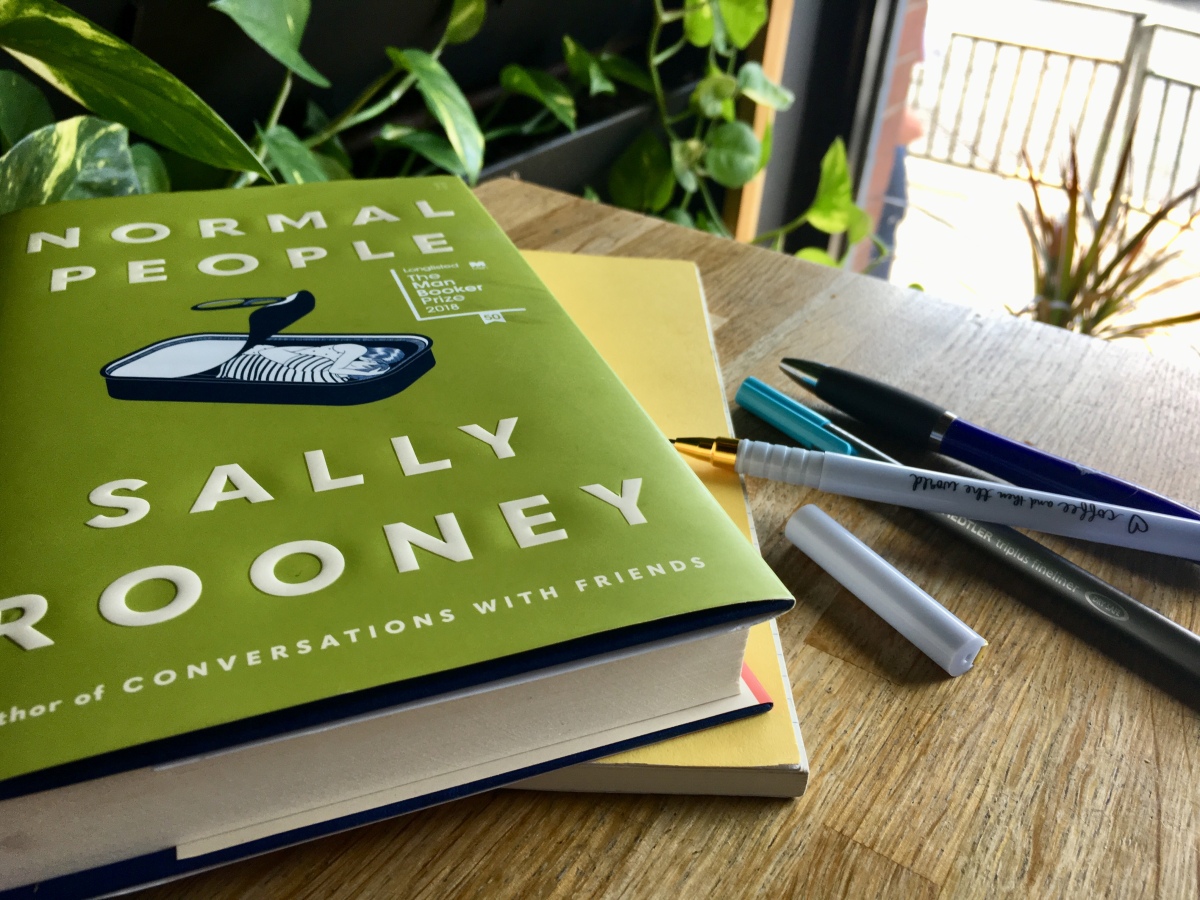Last week I did something a bit different. I went to a book event. On my own.
For those of you that don’t know, these events generally happen in bookshops across the country shortly after an author has published their latest book. They chat about the book, answer some questions and do a quick signing. Exciting stuff. The one I went to was for Sally Rooney’s new book, Normal People, where she was interviewed by Literary Friction podcast host Octavia Bright.

Firstly, let me say the book itself is brilliant and worth a read. It follows the entangled lives of Marianne and Connell as they begin to navigate the adult world, both together and apart. It’s set over 4 years, beginning with the pair’s initial conversation whilst they’re still at school, and then continuing to their university careers. It looks at power dynamics, intimacy, self-awareness and how they all change over time, particularly during the early years of adulthood, something I definitely relate too. There is nothing particularly great about the characters other than that, as the title would suggest, they are normal people who feel very real.
Rooney had a wonderful ability to answer any questions about the book with a wider context. Her comments and opinions meant I left the evening with far more to think about than where the inspiration from the characters came from. As I mentioned, the novel looks at power dynamics, something Rooney admitted to having a fascination with. To her, a power imbalance is a crucial element to any relationship worth writing about, one in equilibrium is too steady to create a story that’s exciting and emotional. She wonders how we can strive for a power balance in our relationships and whether that’s something we should even be striving for at all. I would say that yes, it is. It is unfair of us to want to have a hold over someone, or to let them get away with having one over us. I think there is a difference between treating someone well out of love and putting them on a pedestal to be adored regardless of their behaviour. A relationship in balance is not boring, it’s healthy.
Sally also mentioned that she spends a lot of time wondering about our individual senses of self and whether such a thing exists, or if we are just composites of those around us, if we are ‘thumbprints of the collective’. I think we are obviously combinations of our surroundings, the people we know and the things that have happened to us, but that doesn’t mean that our independence is any less valuable. Just because we are shaped by external factors, it does not mean our internal personality is fake or any less unique. Without other influences, we would never change or grow and adapt.

Finally, Rooney was asked about the role authors and artists have in today’s society, a society where there is so much wrong. She said that in simple terms, art itself is not revolutionary, it’s a commodity. She spoke about how the axis between art and commerce is always going to be uncomfortable because as much as art likes to criticise the commercial norms, one cannot exist without the other. Not all books are controversial or informative or insightful, and when they aren’t it can feel like an indulgence to immerse yourself in such a simple form of pleasure, why are we entitled to do so when there are so many bigger issues? Shouldn’t we be spending that time doing things to help?
I think that yes, there is much that needs to be changed about the world and no, that change is not going to come from reading. But, it does’nt mean you can’t enjoy the book, or go and listen to the author talk about it for that matter. It starts a conversation, and who knows what could come from that.
Instagram: @IndiaGarrett
Twitter: @IndiaGarrett

